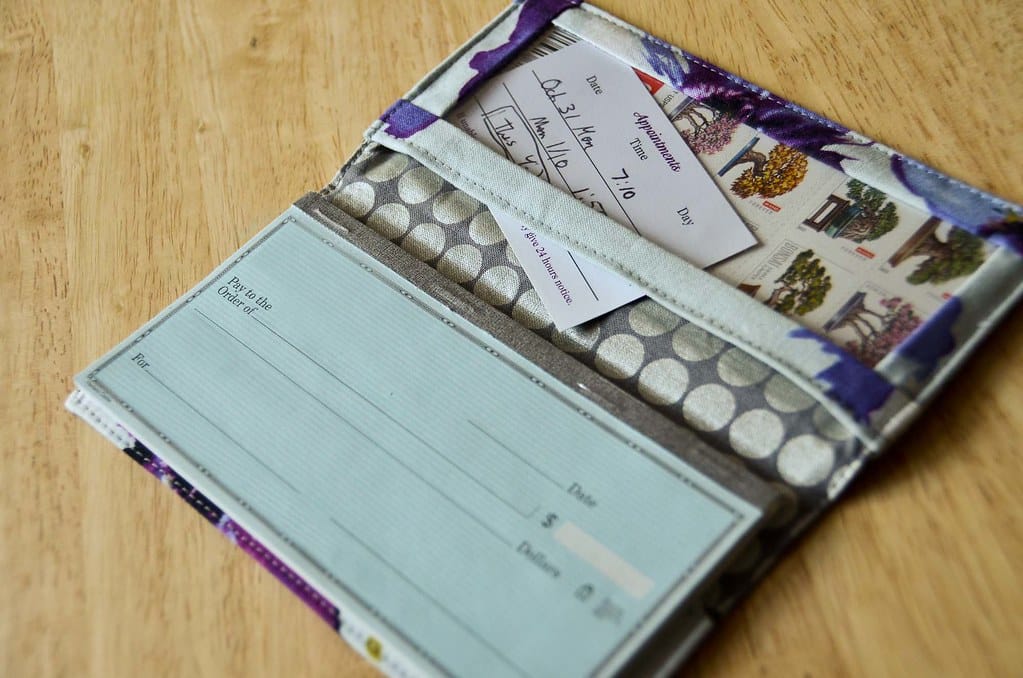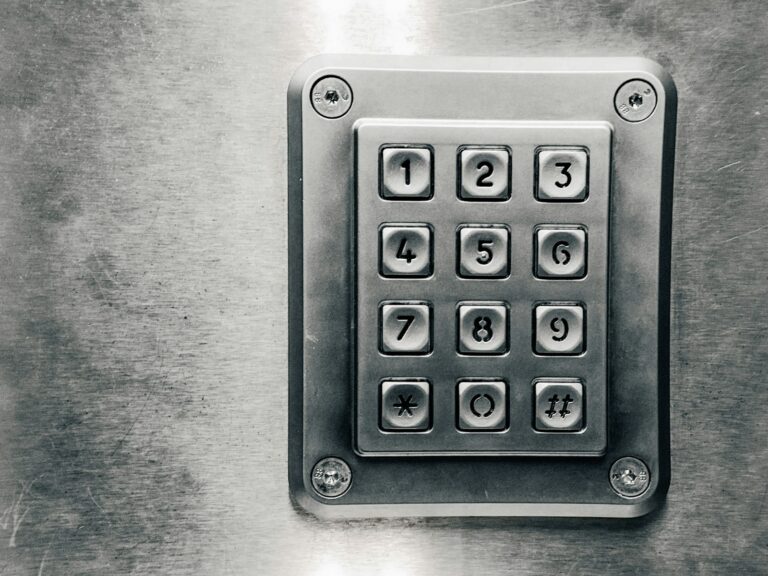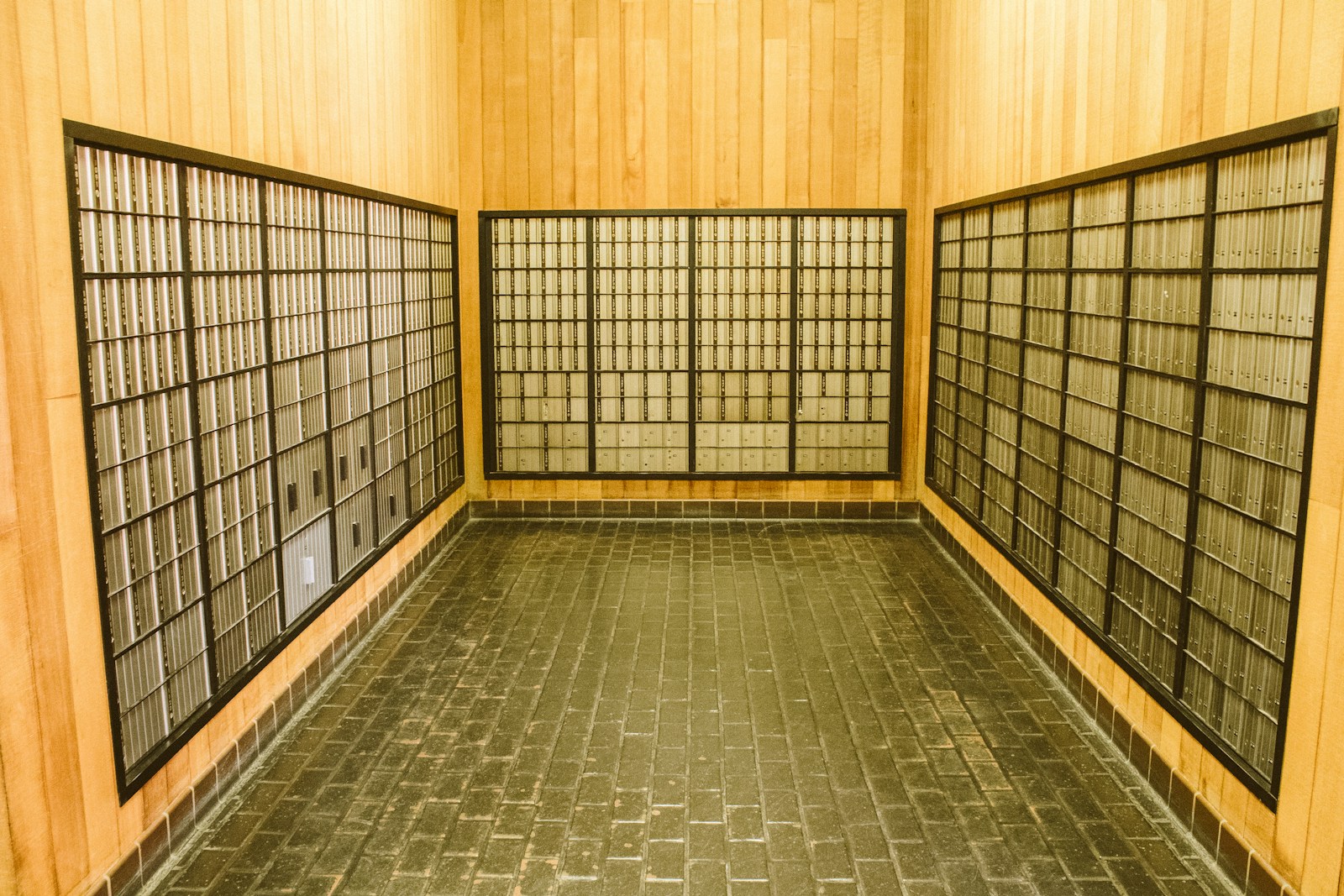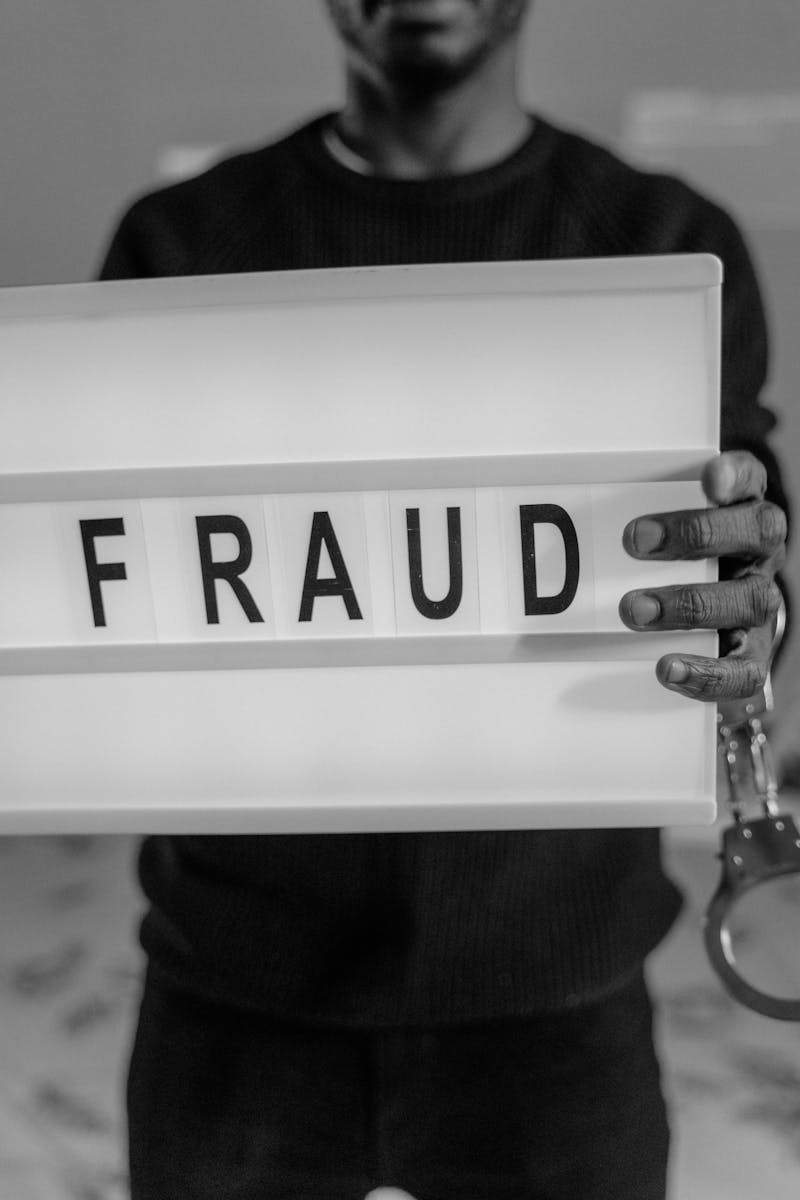How To Protect Yourself From Check Fraud Scams

While mobile banking continues to rise, check fraud scams — you remember paper checks, don’t you? — remain a big problem. In 2023, reports indicate that check fraud incidents have surged, with financial institutions filing 447,525 Suspicious Activity Reports (SARs) related to check fraud through October alone.
This upward trend suggests that the total number of incidents for the year may exceed those reported in 2022. Additionally, individual banks like Regions Financial Corp. have experienced significant losses, reporting $155 million in check fraud losses throughout the year (Nacha) (SPGlobal) (OrboGraph).
And fraudsters aren’t likely to move on for some time. A report from Bluepoint Solutions, which provides check-processing and document-imaging technology and services for financial institutions, suggests checks will remain a popular target because “counterfeiters are still counterfeiting, kiters are hard at work, identity thieves are thriving and more than 90% of all banks still deal with check fraud losses.”
Understanding Check Fraud
What is Check Fraud? Check fraud occurs when someone unlawfully uses checks to steal money from an individual or an organization. It encompasses various fraudulent activities, including counterfeit checks, altered checks, and forged signatures.
Types of Check Fraud
- Counterfeit Checks: These are fake checks that look genuine but are created to defraud banks and individuals.
- Altered Checks: Legitimate checks that have been changed to alter the payment amount or the payee’s name.
- Forged Checks: Checks where the signature has been forged to authorize a payment without the account holder’s knowledge.
How Identity Theft Plays a Role
Identity theft is often a precursor to check fraud. Criminals steal personal information to create counterfeit checks or alter legitimate ones. The Financial Crimes Enforcement Network (FinCEN) works to combat such financial crimes by monitoring and analyzing suspicious activities.
Check fraud protection guidelines
“With technology advancements, criminals today can defraud you as a consumer … easily with a blank check stolen from your checkbook, a previously paid or canceled check found in your garbage, or a check you have placed in your mailbox to pay a bill,”
Karen Taylor
Karen Taylor is a senior product manager for financial and risk management solutions at Fiserv, a technology provider for the financial services industry.

Here are some things you can do to keep check fraud in check:
Store your blank checks, bank statements and canceled checks in a secure place, such as a locked safe, Taylor says. Taking this step leaves you much less likely to be targeted by check fraudsters, says Josh Sheehan, vice president of sales at Advanced Fraud Solutions, a provider of anti-fraud technology and services.

Keep track of checks you’ve ordered from your bank or credit union. If the checks haven’t shown up in a reasonable amount of time, notify your financial institution, the Better Business Bureau recommends.
Report missing checks immediately to your bank or credit union, Taylor says.If you no longer need them, destroy old canceled checks, bank account statements and ATM receipts, Taylor says.

Consider having your mail sent to a post office box, particularly if you aren’t able to check your mail regularly, Sheehan says. If you have mail sent to your home, be sure to check your mailbox frequently so that sensitive financial documents, including checks, don’t become targets for thieves.
Consider digital payments
One of the best ways to protect your checking account and your valuable account assets is to turn to digital payment methods over checks. Digital payments are now more common than checks for most people. If you must send a check, it’s important to confirm receipt of your check if possible.
Personal checks aren’t the only fraud scams you should worry about, though. Check fraud scams also are a concern.
Protect your bank account, don’t fall for these too-good-to-be-true scams
So how do scammers commit fraud? According to the Consumer Federation of America, Check fraud scams involve someone giving you a check or money order that looks real and, in return, asking you to wire money somewhere.
A victim doesn’t realize it’s phony until he or she deposits or cashes the check. Someone hoodwinked in one of these scams typically loses $3,000 to $4,000, the consumer group says.
Lottery winner scams
If you receive a check in the mail and it’s supposedly a payment for lottery winnings but you didn’t buy any lottery tickets, take the item to your bank, Sheehan says. Chances are, it’s a check fraud scam. The bank can advise you about your options.
“The lottery angle is a trick to get you to wire money to someone you don’t know. If you were to deposit the check and wire the money, your bank would soon learn that the check was a fake,” the Federal Trade Commission says.
Overpayment scams
These scams target consumers selling cars or other valuable items through Craigslist, auction websites or other online platforms, according to the FTC. Unsuspecting sellers get stuck when scammers pass off fake cashier’s checks, corporate checks or personal checks, the commission says.
“If you’re selling something, don’t accept a check for more than the selling price, no matter how tempting the offer or how convincing the story. Ask the buyer to write the check for the correct amount,” the FTC advises.

Whenever dealing with checks of any kind, trust your gut, Sheehan says.
“People are generally hopeful and want to believe the best, even when their better judgment tells them not to,” he says. “Retain a level of skepticism and be aware of suspicious activity.”
Mystery shopper scams
In mystery shopper scams, fraudsters send victims a counterfeit check and ask them to use the funds to evaluate certain services or products. Victims are instructed to wire back part of the money, only to later find out the check was fake, leaving them responsible for the entire amount.
Rental scams
Scammers pose as landlords or prospective tenants and use fake checks to secure rental agreements. They might send a check for more than the required amount and ask the difference to be wired back, or they might use fake checks to pay for deposits and rent.
Work-from-home scams
Fraudsters lure victims with job offers that require them to deposit checks and then use the funds to buy supplies or transfer money. The checks turn out to be fraudulent, and the victims are left liable for the losses.
Inheritance scams
Victims receive fraudulent checks claiming to be from a distant relative’s inheritance. They are instructed to pay legal or processing fees upfront, only to later discover the check is fake, resulting in financial loss.
The role of financial institutions in preventing check fraud
Financial Crimes Enforcement Network (FinCEN) FinCEN collects and analyzes data to combat financial crimes, including check fraud. They work with law enforcement agencies to track and prevent fraudulent activities.
Postal Inspection Service The U.S. Postal Inspection Service investigates cases of mail fraud, including the theft of checks from mailboxes. They play a crucial role in tracking down criminals who use the postal system to commit fraud.
Reporting check fraud
If you suspect check fraud, it’s crucial to act quickly. Filing a police report is the first step. Additionally, contact your bank immediately to prevent further unauthorized transactions.
Effective fraud prevention strategies for FIs
Positive Pay Positive Pay is a service offered by banks to prevent check fraud. It matches the check number, account number, and dollar amount against a list of issued checks provided by the account holder. Any discrepancies are flagged for review.
Security Features on Checks Modern checks come with various security features such as watermarks, microprinting, and holograms. These features make it harder for fraudsters to alter or duplicate checks.
The future of check fraud protection
As we look towards the future of check fraud protection, it’s evident that vigilance and technology must work together. Financial institutions require robust solutions like TrueChecks® to stay ahead of fraudsters. With the surge in check fraud incidents and the ongoing threat from sophisticated scammers, it’s more important than ever for both institutions and account holders to take proactive measures.
TrueChecks® offers a comprehensive approach to combat check fraud by leveraging a consortium-powered database and real-time detection technology. By integrating these advanced tools, financial institutions can effectively reduce the risk and impact of check fraud, safeguarding their bottom line and enhancing trust with their account holders.
In an ever-evolving landscape of fraud, staying informed and adopting cutting-edge technologies will be essential in the fight against check fraud. Discover how TrueChecks® can fortify your defenses and keep your financial operations secure.
Discover More About Check Fraud Protection:
- Best Fraud Detection Solutions for FIs
- Top Strategies for Financial Institutions to Prevent Check Fraud in the Digital Age
- Watch out for the Latest Treasury Check Scam
Bank or financial institution? Discover TrueChecks:
